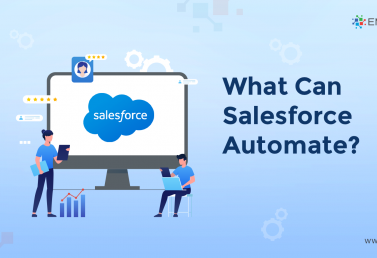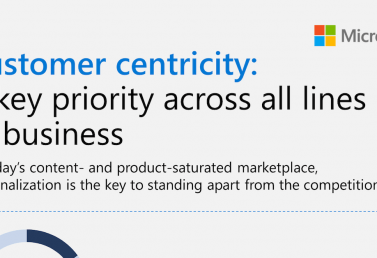Customer Relationship Management (CRM) technology has revolutionized the way businesses do business, having evolved over the years from a glorified Rolodex to a must-have administrative juggernaut. As the technology advanced and burgeoned due in no small part to the Cloud, today’s CRM technology is massively powerful (as shown in CRM Statistics)and serves as arguably the most essential tool in enhancing nearly every part of modern business.
CRM software is so multidimensional and customizable, that the sky truly is the limit as it pertains to unique, customizable implementations. As the CEO of Empellor CRM, I find this fascinating stuff – and I think you will too.
MULTI-BILLION DOLLAR INDUSTRY
According to recent CRM statistics, CRM software is now the biggest software market in the world and is growing at a rate of 12% per year and is expected to generate more than $80 billion in revenues by 2025. The CRM industry bigwigs include Adobe, which leads the pack with just under 27% of market share, followed by Salesforce (21.1%) and Microsoft (20%). Worth noting, according to the Wall Street Journal, Oracle recently tried to up its weakened position in the CRM arena by purchasing NetSuite for an estimated $9.3 billion, a jarring number that underscores the desire of perhaps waning companies to stay relevant and compete against the Big Kahunas in the CRM sector.
CRM ADOPTION RATES
Adoption is arguably the most difficult aspect of CRM integrations and, left in the hands of milquetoast CRM designers, so-so trainers and ineffective staff management (and, well, just human nature), adoption rates can be a crapshoot. Regardless of how well the technology is implemented, CRM software requires users to learn and master predesigned and predetermined processes; the success of the implementation relies entirely on every individual and department in the enterprise performing and entering data in an unwaveringly identical way.
But CRM adoption rates are actually surprisingly good. According to Destination CRM, the success of adoption is directly proportionate to the CRM education and process training that employees receive:
“Firms with high end-user adoption rates get high marks for the education they deliver to sales teams on how to get the maximum benefit out of using their CRM application. In fact, of the 8.7 percent of companies that received ‘exceeds expectations’ ratings for the quality and quantity of the CRM application training they deliver, 71.2 percent reported that more than 90% of their reps actively used their CRM system.”
CRM magazine estimates that adoption rates generally fall between 24% (on the low end) and as high as 90% for those enterprises with strong user implementation; generally speaking, the standard adoption rate sits near 47%. The better the CRM user interface and user support, the stronger the CRM user compliance. Check the CRM statistics to know more.
THE RISE OF THE CLOUD
Cloud–based CRM will eventually replace increasingly outdated client-based software systems. Ten years ago, on-premise CRM systems represented 88% of all solutions in use. Today, cloud CRM systems represent 87% of all solutions being used.
Mobile CRM usage has exploded over the last decade, boosted in large part by the advancement in mobile technologies. Nucleus Research reports that 65% of companies who have implemented mobile CRM hit their sales quotas. Companies not using a mobile CRM solution achieve just 22% of sales quotas. Those numbers are hard to ignore.
CRM ROI Statistics – WHAT TO EXPECT
While estimates vary depending on the source, virtually every available stat suggests substantial ROI related to CRM implementation. According to a 2019 Inc.com article, a properly implemented CRM solution is expected to yield an ROI of between $2.50 to $5.60 for every dollar invested; incredibly impressive numbers that illustrate the platform’s real-world value and prove once and for all that CRM is so much more than just some fancy Rolodex.
To learn more about the value of CRM and how it can revolutionize your business, click here.


